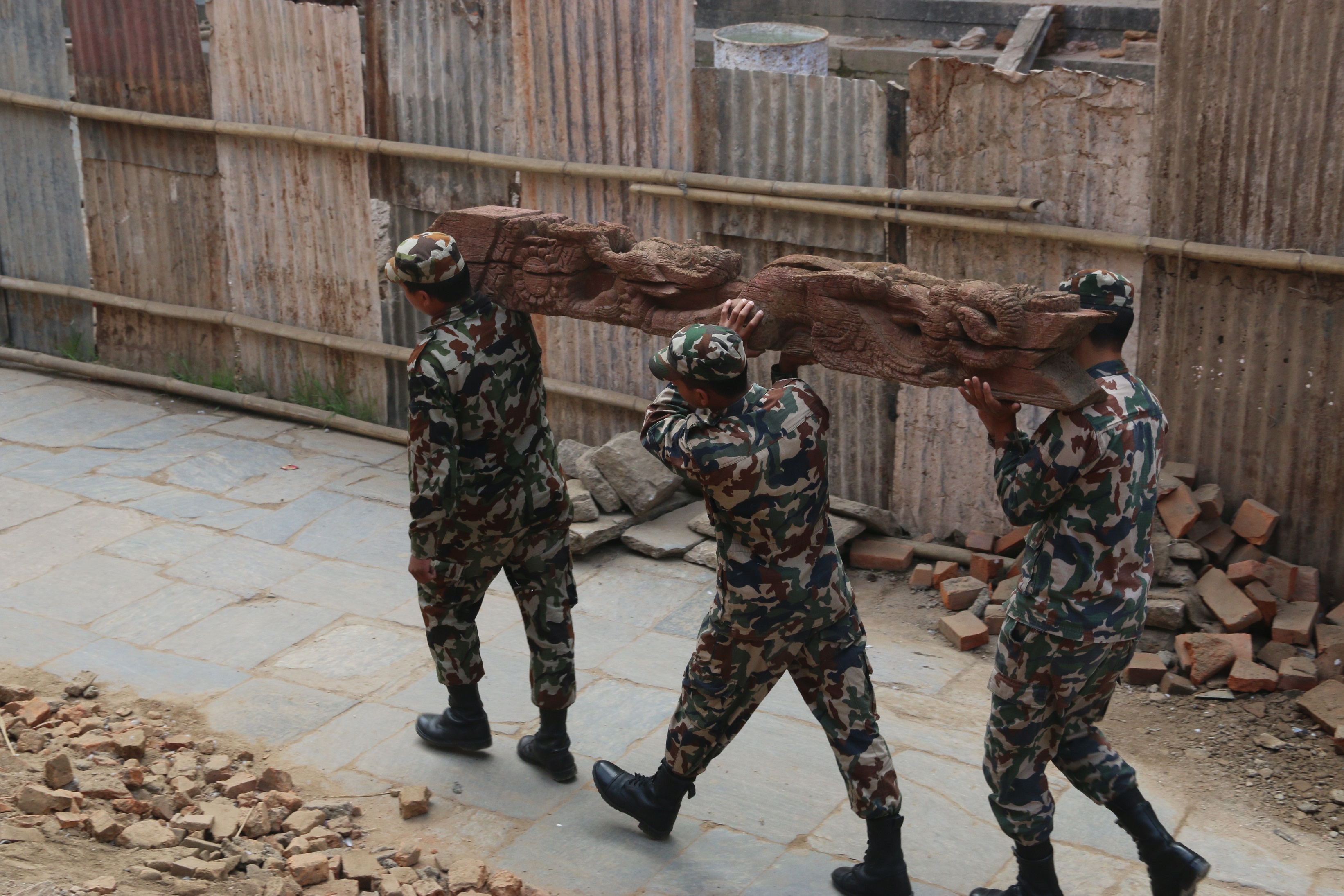Opinion: From disaster response to sustainable rehabilitation
Sustainability has become the global mantra for development. The Sustainable Development Goals (SDGs) with the 17 goals were established to “achieve a better and more sustainable future for all”. This generally requires actions that don’t have immediate visibility, and long-term planning is something that tests our governance systems.
In 1993 when the Vitamin A Programme was first carried out in Nepal, with financial and technical assistance from USAID, I accompanied a team driving around Sunsari district in a Land Rover that was monitoring the ongoing distribution. The project was considered to be very successful, shattering the fear that there might be cases of toxicity, when young children get more than a single dose. The more sustainable approach would have been to focus on nutrition, ensuring that the children had a diet with Vitamin A-rich vegetables and fruits, those with beta-carotene such as carrots, sweet potatoes and even mangoes.
I visited Islamabad in 2011, a year after the great floods that devastated Pakistan. The then recently-appointed acting Minster of Foreign Affairs, the stylish Ms Hina Rabbani Khar, had just called the head of the recently established and still experimental “One UN Programme” to her office. The United Nations was told that their emergency response phase was to end immediately and recovery and long-term rehabilitation was to begin. The dilemma was that most of the UN agencies, and international organizations, working on emergency response had all the funding, and those providing technical support for sustainable long-term planning were running on shoe-string budgets.
We see the continuation of this dilemma, which seems to be getting worse every year. The agencies dealing with emergency response are growing larger and more influential, showing that we are losing the battle of sustainability. International technical agencies such as the World Health Organisation (WHO), Food and Agriculture Organisation (FAO) and UNESCO are struggling to survive.
One must understand the great irony of the Nobel Peace Prize being awarded to the World Food Programme (WFP) “for its contribution to bettering conditions for peace in conflict-affected areas and for acting as a driving force in efforts to prevent the use of hunger as a weapon of war and conflict." WFP is doing an incredible job of feeding the needy, assisting 97 million people in 88 countries in 2019. This is an indicator for the success of emergency response, but how does it relate to sustainable rehabilitation?
The effectiveness of post-disaster recovery depends on how quickly the response phase can be terminated and long-term recovery or rehabilitation can begin. After the 2015 Gorkha Earthquake, the Post Disaster Needs Assessment (PDNA) report was prepared which determined the required funding for recovery. The National Reconstruction Authority (NRA) was established with far reaching executive powers that government departments did not possess. In a similar case, the Nepal Army has been carrying out development projects circumventing standard government procedures. When agencies responsible for emergencies are given prolonged tasks, the efforts of achieving sustainability is delayed or even challenged.
After the 2016 Chauk Earthquake which impacted 389 monuments in Bagan, Myanmar, a response and rehabilitation plan was prepared. It was decided that the response phase of the earthquake that occurred on August 24 would continue only till November end. During this period, immediate response activities were carried out, such as shoring, providing protection and temporary stabilisation of the monuments. At the end of this period, Myanmar’s Minister for Religious Affairs and Culture Thura U Aung Ko presided over a week-long transition from response to rehabilitation. This definite ending of the emergency response phase allowed for efforts in sustainable long-term recovery to be carried out in Bagan. This is surely a lesson to be learned in Nepal, as well as in other emergency situations globally.
kai.weise@yahoo.com






